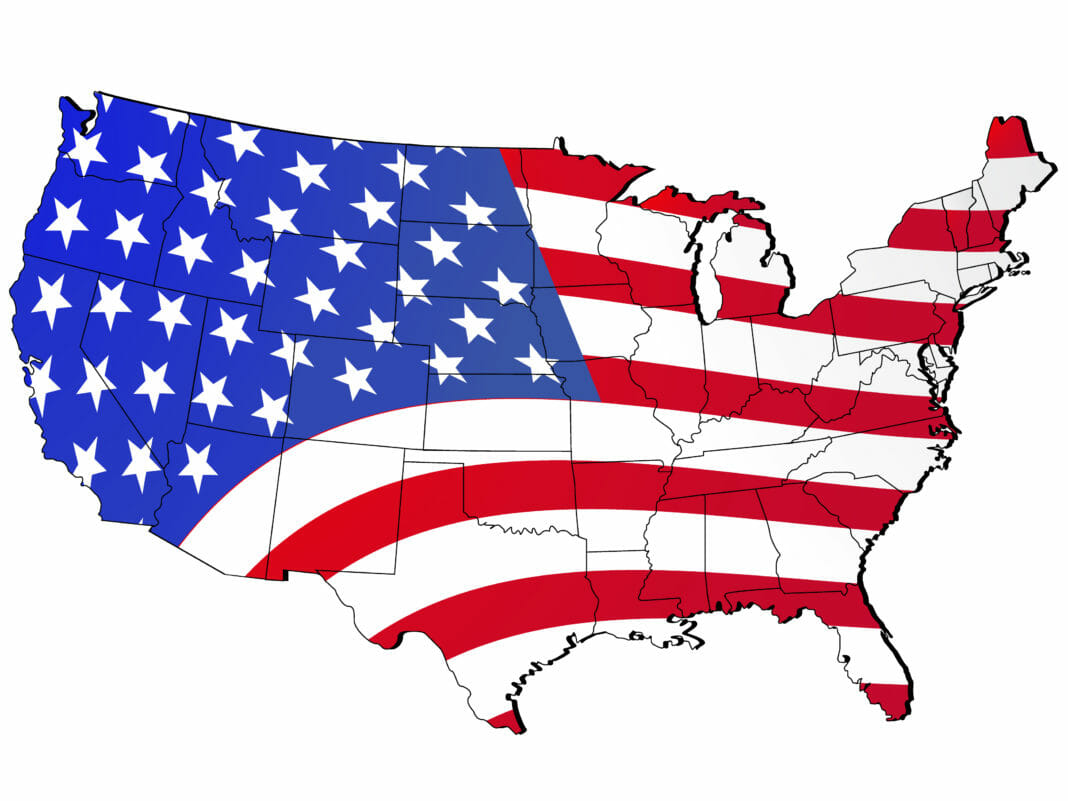The US Federal Reserve might raise interest rates by 50 to 75 points in July if the economy weakens. Since Powell knows that another hike could hurt growth, he aims to lower inflation to 2%.
The reduction of inflation is at the top of the US Federal Reserve (Fed) priorities. June has been the month in which they have applied most measures to fight the problem with the 75-point rise in interest rates.
Jerome Powell, the president of the Fed, expects to reduce the highest inflation in 30 years to 2%. They announced they would raise interest rates by 50 to 75 points in July if inflation did not slow.
Powell said that a significant risk the committee faced was high inflation taking hold if the public began to question their resolution. That led them to recognize the possibility that a tighter stance might be appropriate amid persistent inflationary pressures.
The Tightening of US Federal Reserve Policies Might Slow the Economy
The Fed also referred to the growth expectations questioned due to those measures. Given that context, they explained in their minutes that growth would possibly stop, a risk they must take to lower inflation.
The officials recognized that policy tightening could slow economic growth for a while. However, they consider that inflation returning to 2% is critical to achieving maximum employment.
That is the narrative regarding inflation that the Fed and Powell have maintained over the last few months.
Powell recently expressed that he was confident in the possibility of reducing inflation to 2%. He also said there were chances to achieve a controlled landing amid this crisis, although a recession was possible.
The Complex Situation of the Fed Hinders Reducing Inflation
Powell and the US Federal Reserve are currently in a difficult moment. According to the latest data, inflation in the United States is still at its peak and shows no signs of slowing down.
Bloomberg and Goldman Sachs have raised their odds of a recession to 38% and 30%, respectively. Meanwhile, consumer sentiment is negative as the Fed enters shaky ground.
That situation could be worse if the policies the Fed wants to implement significantly affect investment and markets. That would make life more expensive and problems more serious. In the case of cryptocurrency investors, the measures taken by the Fed have caused fear among them.
The growth of the inflationary rate hinders the economy and affects all markets, including cryptocurrencies. Amid the current market crisis, Bitcoin is trading at around USD 20,508 and has accumulated a slight 2.4% gain over the last 24 hours, according to CoinGecko.
In their attempt to reduce inflation, the Fed has printed excessive banknotes, producing the opposite effect. However, they have criticized the volatility of cryptocurrencies and their alleged use in illicit activities. They have also decided to raise interest rates, causing fear among citizens and hurting all markets.
By Alexander Salazar











